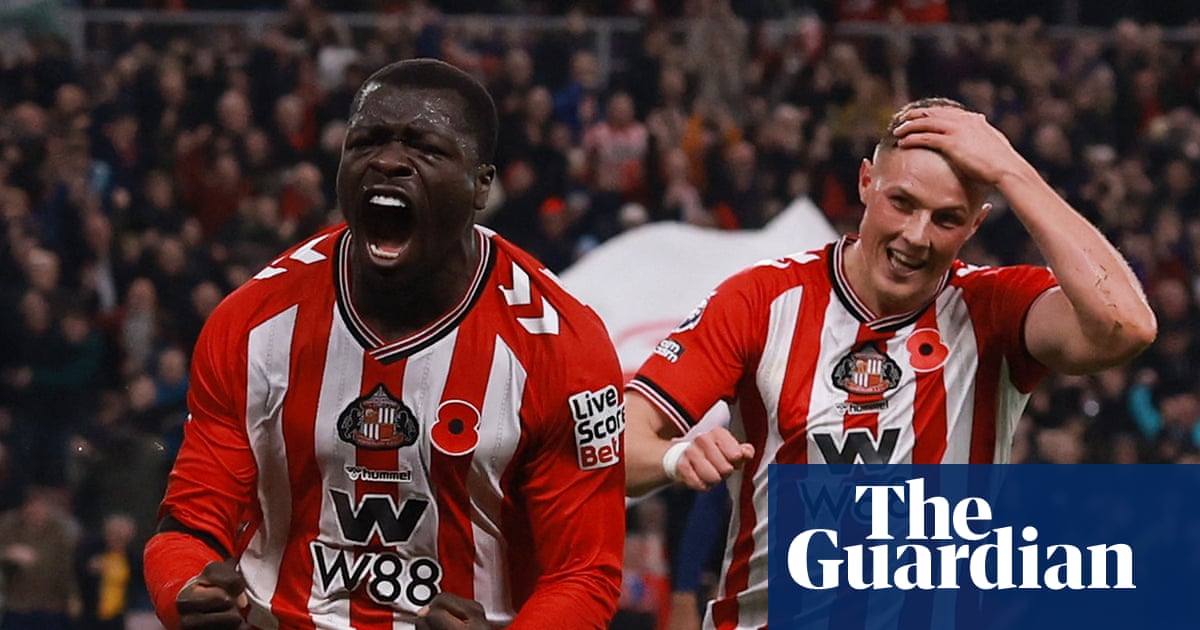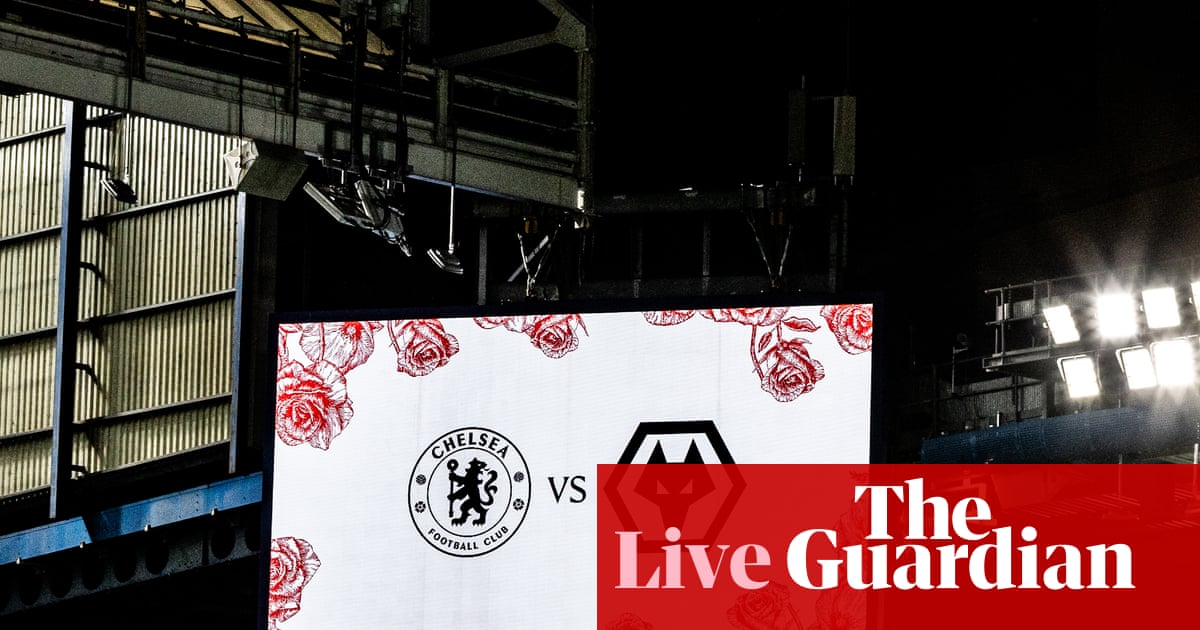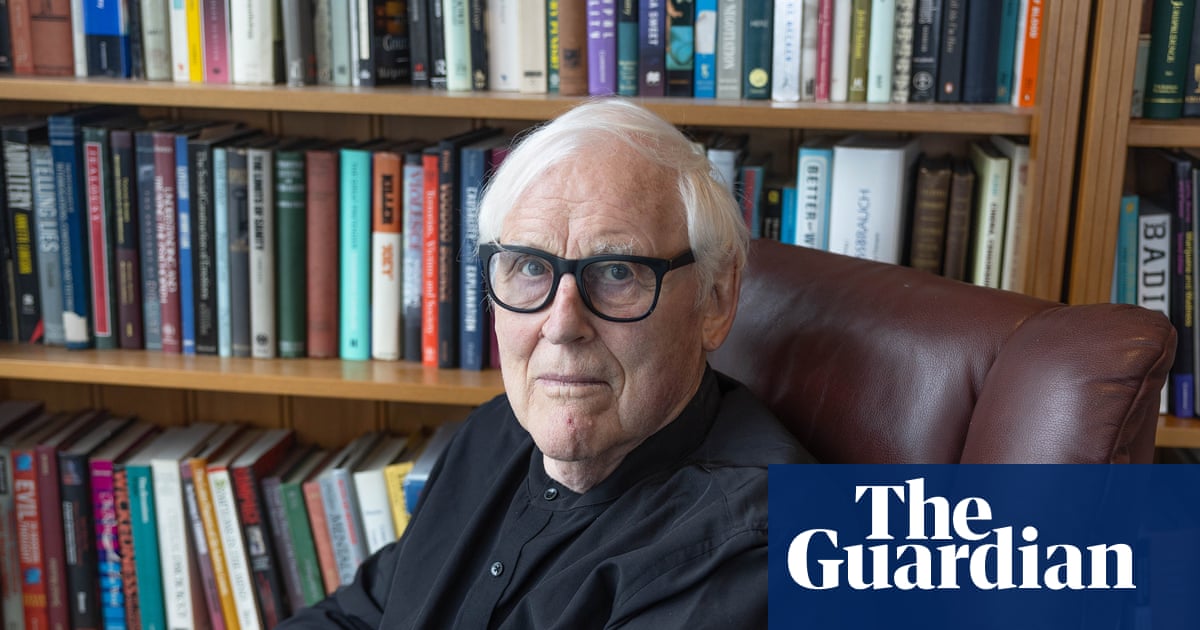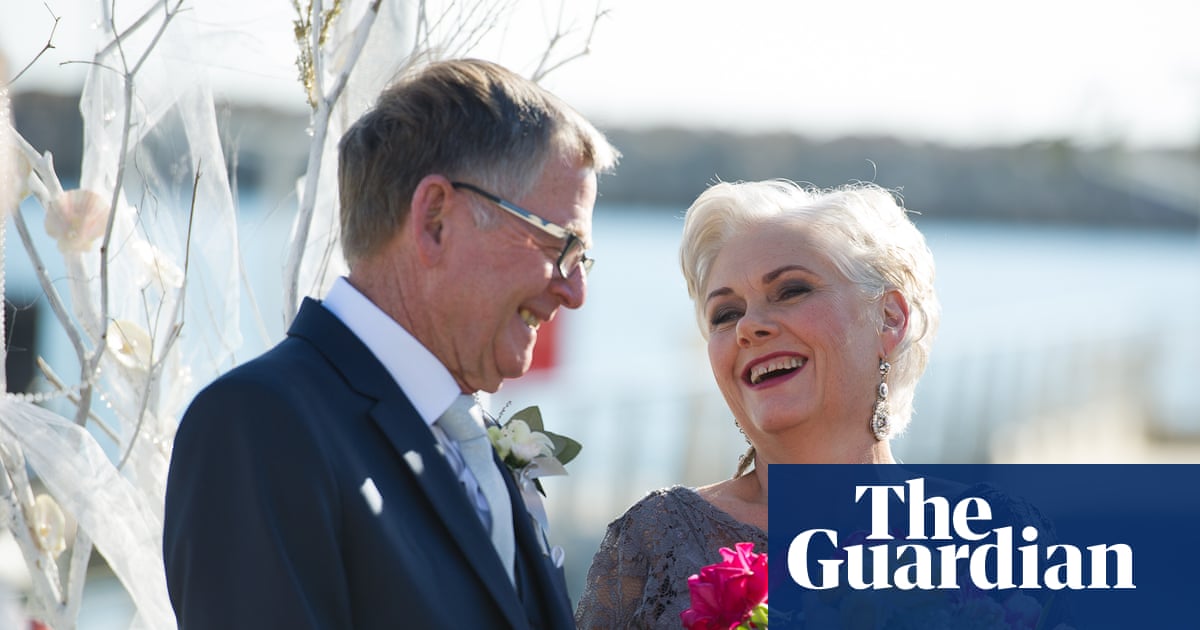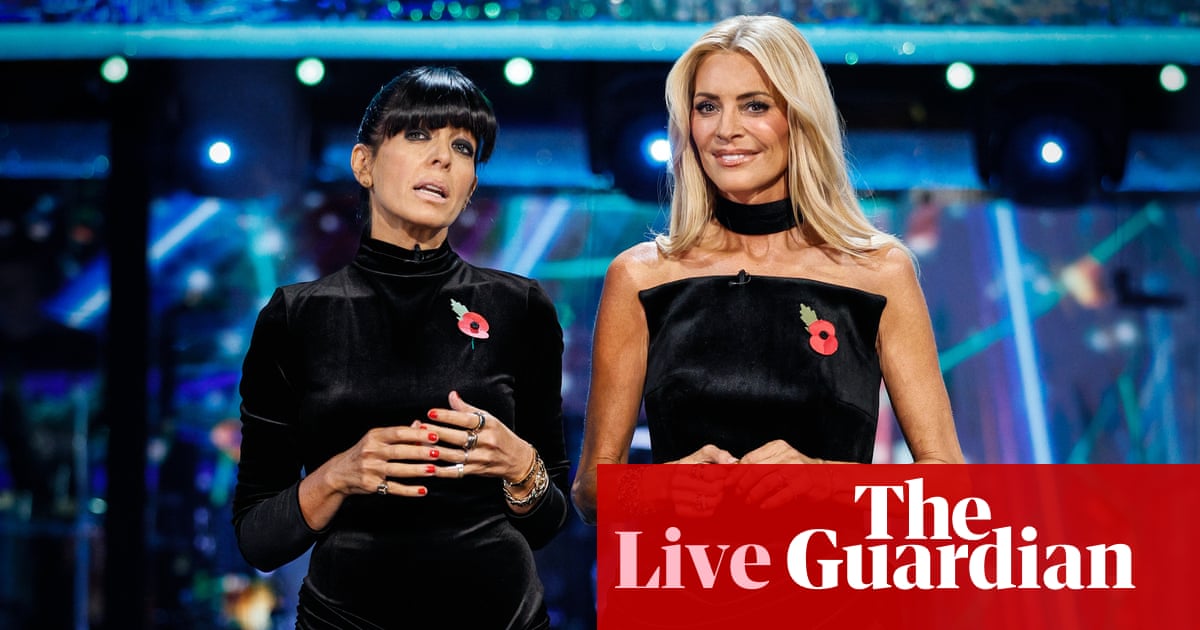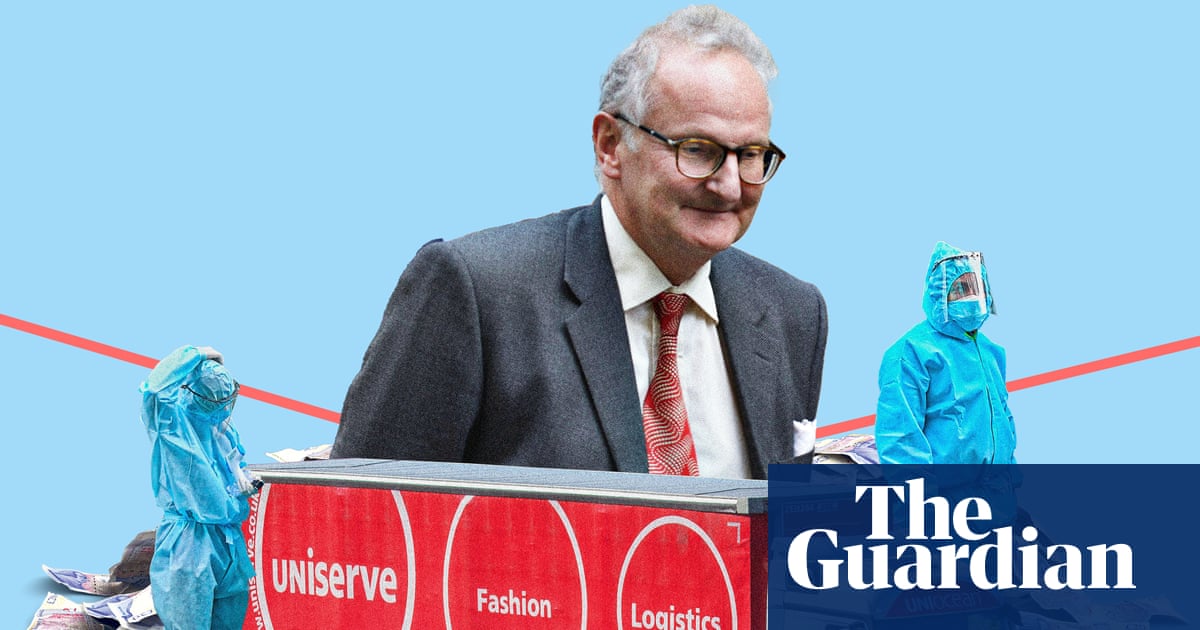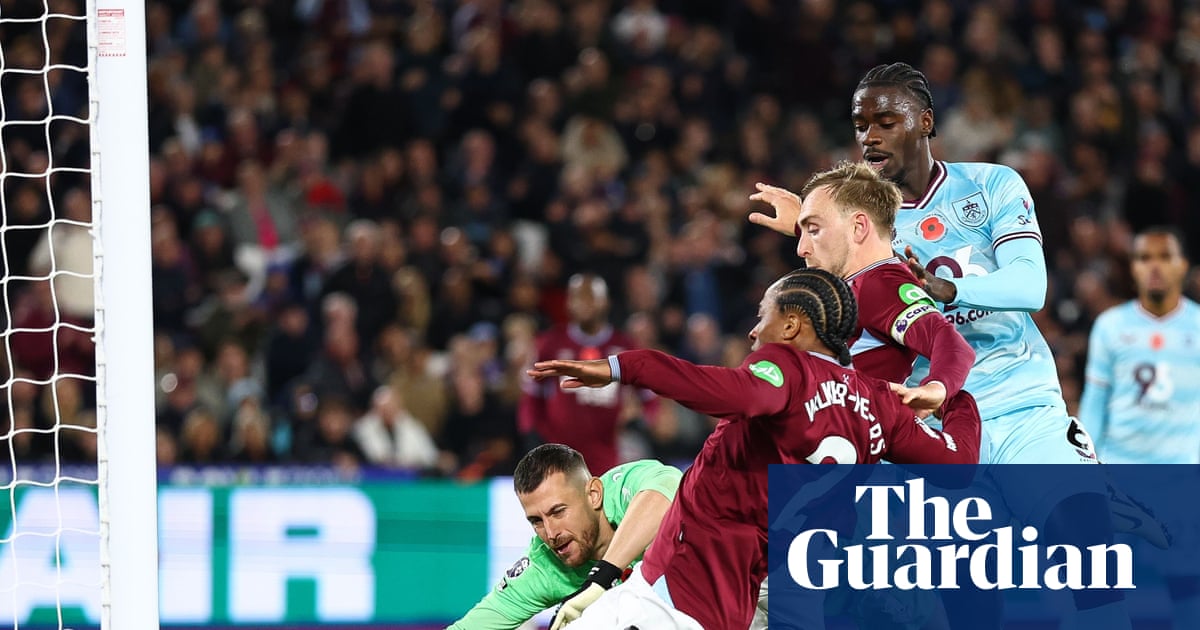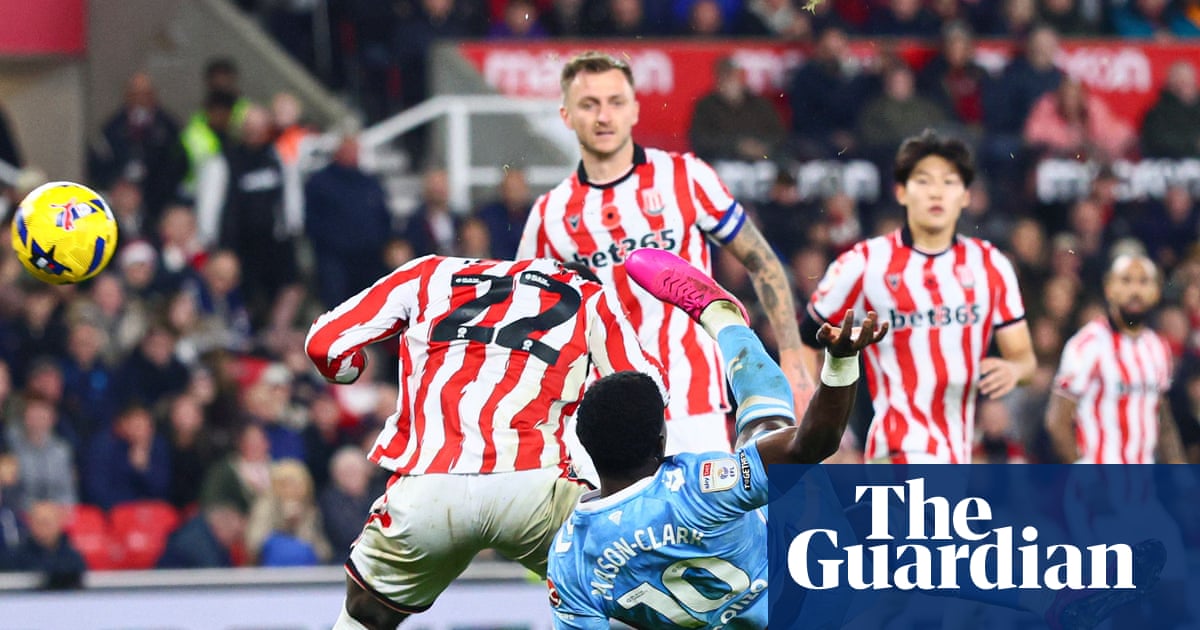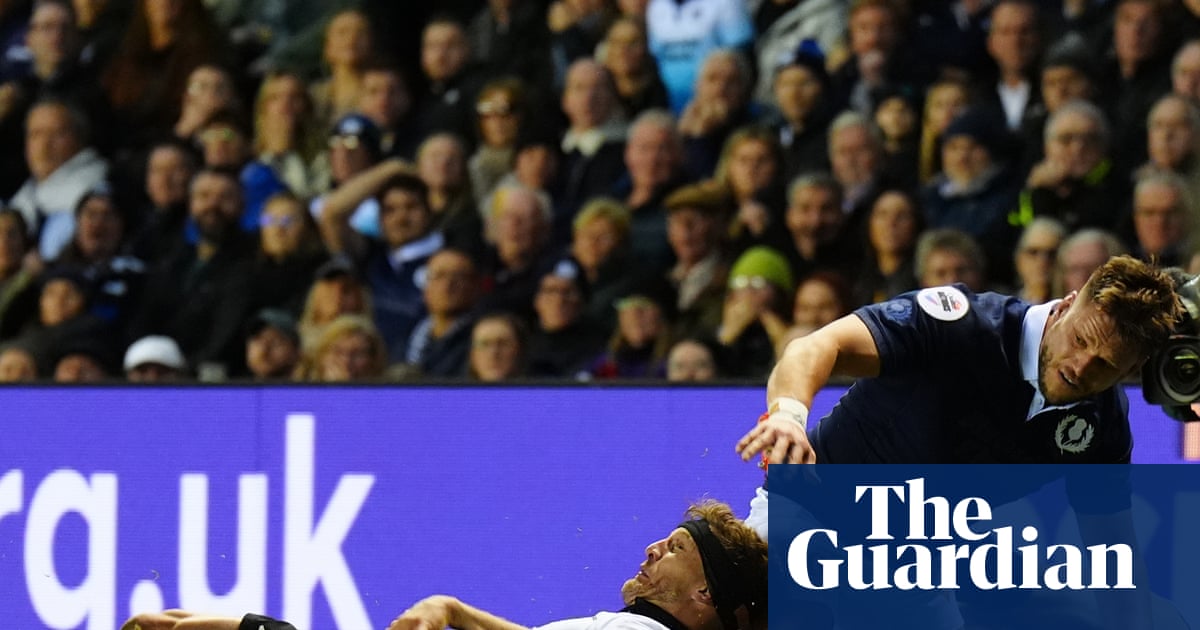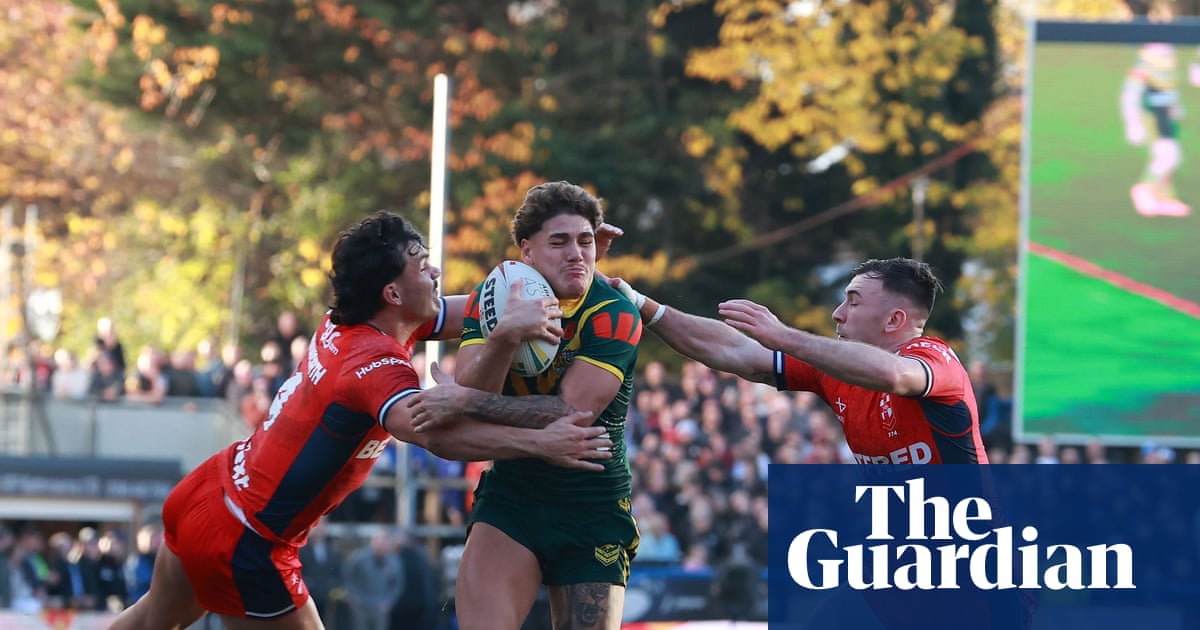The first time I danced was with my father. I plucked my bare feet onto his work boots, to my mother’s distress, and let his rubber soles guide me into a groove. Hand in hand, we spun through the kitchen as Al Green’s Love and Happiness christened my rhythm’s baptism.
The second time I danced was with myself – and it would be my last. I wrapped my arms around the fleshy part of my waist as Seal’s Kiss from a Rose played from the Batman Forever CD in my stereo. Alone in my room, I was OK with the mirror seeing every part of me. I danced like Shirley Temple with Buddy Ebsen. Like my father guided me. The only thing that could have broken my rhythm did. My stepmother filled the doorway, barefoot except for a roach she had stepped on.
“Why are you so damn gay?”
That question didn’t land as curiosity. It landed as a sentence – as instruction. From that moment on, joy had to pass inspection before it could be expressed.
A decade later, in a different home and a different neighborhood, I stood over a sink, washing someone else’s blood off my hands – still shaking from having fought my way out of being jumped. I wasn’t just cleaning up. I was trying to scrub away any lingering doubt about my masculinity.
This essay is about what happens when boys who move freely are taught to fear their own rhythm – and what it means when grown men like Karl-Anthony Towns are mocked for keeping theirs.
Confusion, softness and the urge to question societal norms are beaten out of all of us – but especially out of young boys of color in dangerous neighborhoods. It’s as if the praxis of masculinity demands violence as the antidote to vulnerability. Even laughter had rules. You couldn’t let it be too high-pitched. Too quick. You learned to clap shoulders, not hold hands. I didn’t immediately reconcile my behavior with its double, but I spent my adolescence trying to prove my stepmom wrong.
Since moving from Minnesota to New York, expectations for former No 1 draft pick Karl-Anthony Towns have increased on all fronts. In New York, the world’s largest media market, scrutiny moves faster than any headline – amplified by the virality of social media.
Towns is discovering what happens when softness is punished, when queerness is projected, and when public figures become unwilling avatars in culture wars over masculinity.
The term “zesty”, a softened descendant of homophobic slang, became Towns’ shadow. It trailed him through every three-point play, podcast outtake and postgame moment. He became the target for people eager to mock what they couldn’t define.
In Hilton Als’s The Women, he recalls being called an “auntie man” – a Barbadian phrase for a queer man, used with equal parts derision and familiarity. For Als, the term was both burden and lens – a way to understand how femininity in male bodies disturbs cultural norms. Towns, in his gestures and tones, touched that nerve – not by coming out, but by refusing to contort himself into the rigid, humorless frame of what a man in sports is supposed to be.
Towns is far from alone. Figures like Tyler, the Creator, Russell Westbrook and Odell Beckham Jr have also been queer-coded and mocked online – not for coming out, but for expressing aesthetic freedom that unsettles traditional expectations of Black masculinity.
Reading Als, I realized I wasn’t just haunted by my stepmother’s question. I was haunted by the idea that my joy, softness and rhythm might be interpreted the same way – that to some, my way of moving through the world would always be “off”.
Homophobia today isn’t what it was in the 1990s, when the idea of a gay NBA player sparked outrage. American culture has shifted. Most people – not just millennials – know someone who is openly gay. Even baby boomers often count LGBTQ+ individuals among their friends or family.
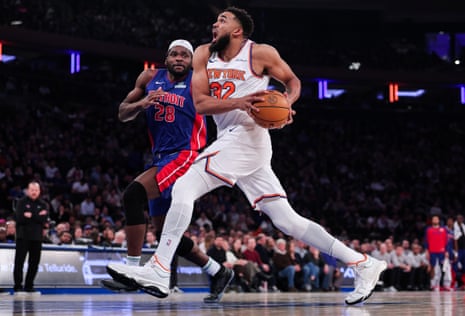
This broader familiarity has normalized queerness – but mostly white, heteronormative queerness. During his presidency, Donald Trump welcomed “Gays for Trump”, revealing how sexuality has become more complicated in modern politics, so long as it’s white and votes red.
But in sports, John Amaechi and Jason Collins remain punchlines. Dwight Howard was the most recent NBA player to be publicly dissected for his queer preferences. His situation involved layers of moral, legal and consensual complexity, but the cultural judgment echoed the same old anxieties.
Towns is ostensibly straight. He’s in a public relationship with Jordyn Woods. But his moments of effeminacy have gone viral on TikTok, trickling down through Twitter and into Facebook echo chambers. Many cite his Dominican heritage – not as a direct link to queerness, but to the flamboyance, rhythm and emotional expressiveness embedded in that culture. And if he were gay or bi or queer, what exactly would that change? KAT is still a dawg.
It’s ironic that this ridicule came during the best season of his career. He averaged 24.7 points and a career-high 13.5 rebounds while leading the Knicks to their first Eastern Conference finals appearance in 25 years. He delivered signature performances, including back-to-back 40-point games and a playoff triple-double. His offensive dominance marked a personal and franchise turning point.
But it wasn’t enough. The online ridicule intensified, crystallizing into what became known as “Zesty Karl-Anthony Towns”, or Zesty KAT – a meme that painted the Knicks star as flamboyant or queer-coded based on voice, gesture and posture. The term resurfaced in 2024 after viral TikTok compilations dissected clips from his postgame interviews and on-court expressions, reigniting during the 2025 playoffs.
One of the most viral examples came from X user @Zazamyodor, who quote-tweeted a clip of Towns softly saying “for sure” with the caption, “That ‘for sure’ was nasty work.” The post earned over 46,000 likes and helped cement “zesty” as shorthand for mocking his style, despite his career peak.
I still haven’t danced like I did that first time, or even the second. But I think about it often: what it meant to be light on my feet, unburdened, joyful without explanation. What Karl-Anthony Towns is enduring isn’t just a meme cycle. It’s the same sentence I heard in my doorway, repackaged for likes and algorithm reach: “Why are you so damn gay?” Not a question, an accusation. In this world, to be joyful in your body, to be expressive without apology, is still treated like defiance. Towns may not need to dance like I did. But every time he celebrates a three-pointer with flair, every time he speaks in a tone too tender for a seven-footer, he keeps the rhythm going for those of us who had ours interrupted.

 3 months ago
103
3 months ago
103



